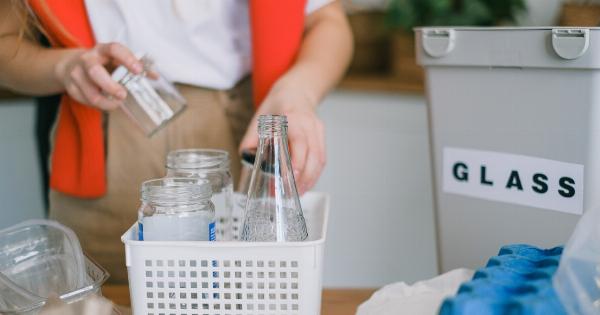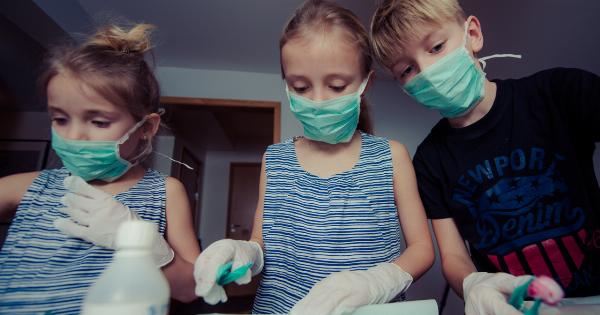Bleeding can happen to anyone, anytime, anywhere. It can be caused by a minor cut or a severe injury. Although bleeding is a natural process that helps the body to heal, it can put you at risk of infection and other complications.
Here, we have listed some immediate solutions for bleeding that can help you take care of yourself and others:.
1. Apply direct pressure
The most effective way to stop bleeding is to apply direct pressure to the wound. Use a clean cloth or gauze and press firmly on the bleeding area. Keep the pressure on for at least 10 minutes without checking the wound.
This will help the blood to clot and stop the bleeding.
2. Elevate the wound
Elevating the wound can also help to reduce bleeding. If the bleeding is from an arm or leg, raise it above the level of the heart. This will reduce blood flow to the area and help to stop bleeding.
3. Use a tourniquet
If the bleeding is severe, and you are unable to apply direct pressure, a tourniquet can be used. A tourniquet is a device used to compress the blood vessel and stop blood flow to the affected area.
However, it should only be used as a last resort, as it can be dangerous if not applied correctly.
4. Clean the wound
Cleaning the wound is important to prevent infection. Use soap and water to wash the affected area. Gently remove any dirt or debris from the wound. If the wound is too deep, seek medical attention as soon as possible.
5. Apply an antiseptic
Applying an antiseptic can help to prevent infection. Use a sterile antiseptic solution, such as hydrogen peroxide, and apply it to the wound. You can also use a topical antibiotic cream to prevent infection.
6. Use ice
If the wound is swelling, using ice can help to reduce inflammation. Wrap ice in a towel and apply it to the affected area. Leave it on for 10-15 minutes and then remove it for a few minutes. Repeat the process several times a day.
7. Seek medical attention
If the bleeding is severe, and you are unable to stop it, seek medical attention immediately. Also, seek medical attention if the wound is deep, or if you are unsure whether it needs stitches.
In addition, seek medical attention if signs of infection, such as redness, swelling, and fever occur.
8. Avoid certain medications
Avoid taking medications that can thin the blood, such as aspirin, ibuprofen, and warfarin. These medications can make bleeding worse and can make it difficult to stop the bleeding.
9. Stay calm
Bleeding can be scary, but it is important to stay calm. Panic can increase your heart rate, and cause more bleeding. Take deep breaths and focus on stopping the bleeding.
10. Prevention
Prevention is the best solution for bleeding. You can prevent bleeding by taking safety measures, such as using protective gear when working with sharp tools or machinery.
Moreover, maintaining good hygiene and practicing proper wound care can also prevent bleeding.




























